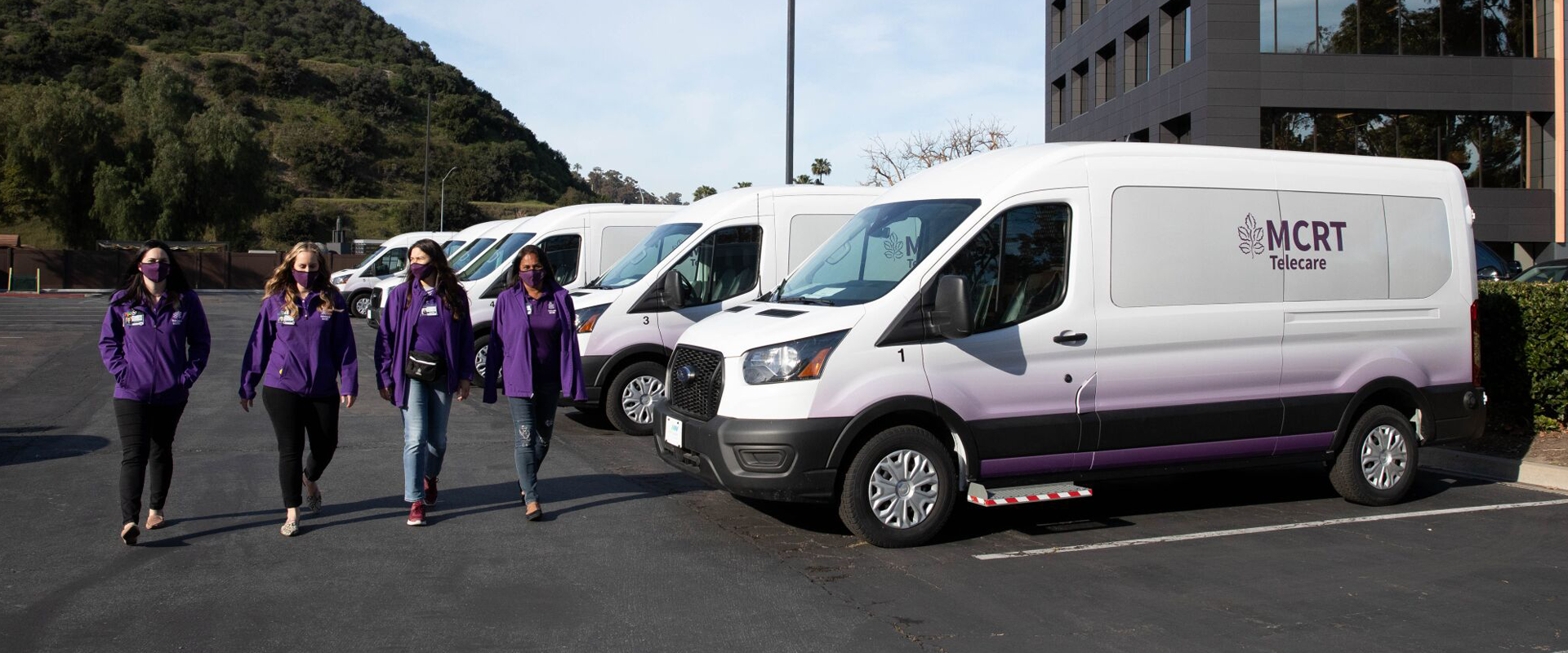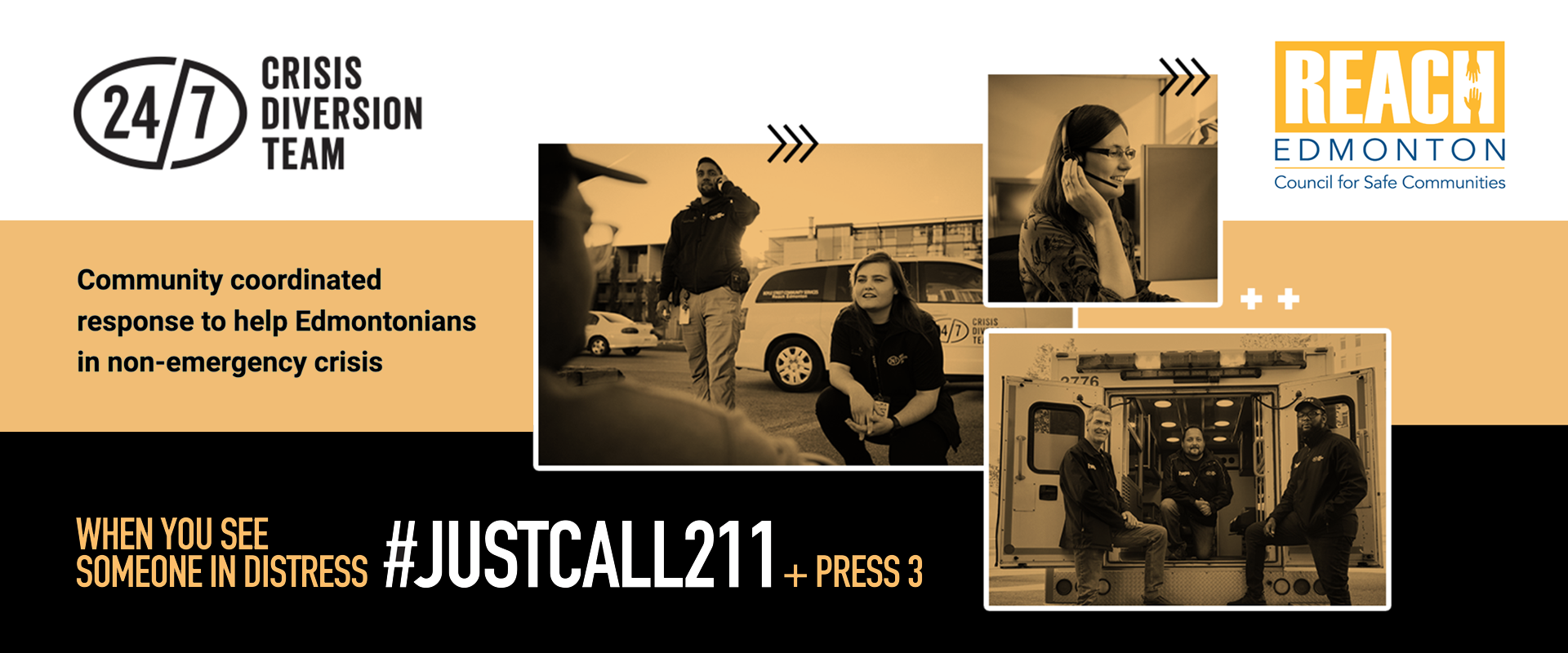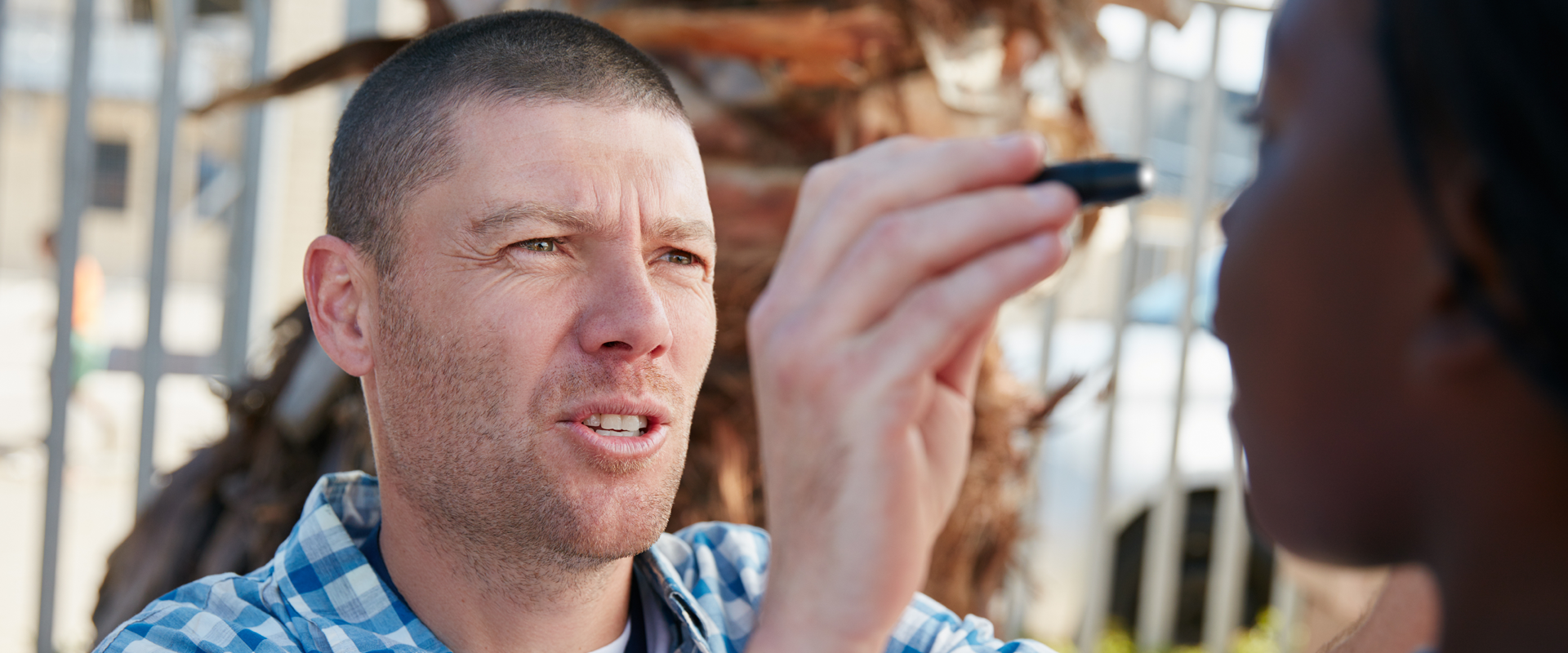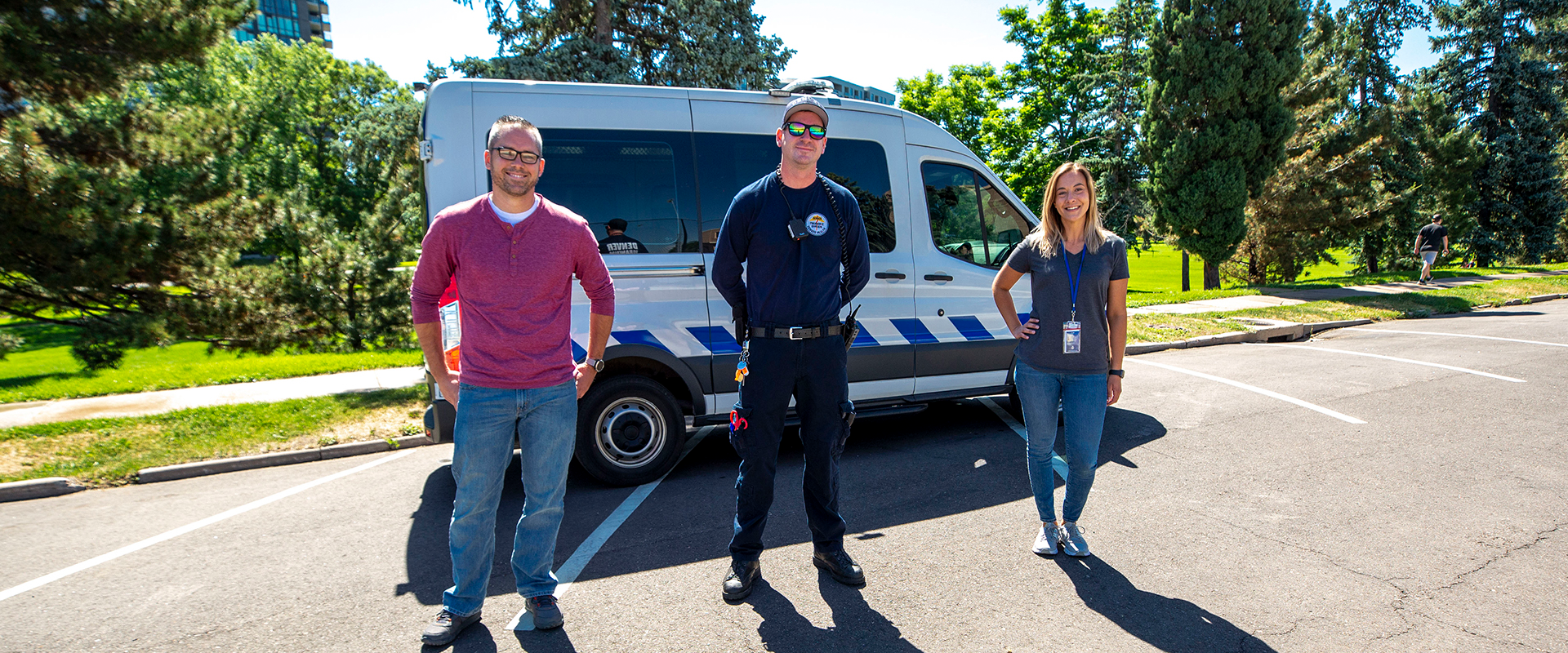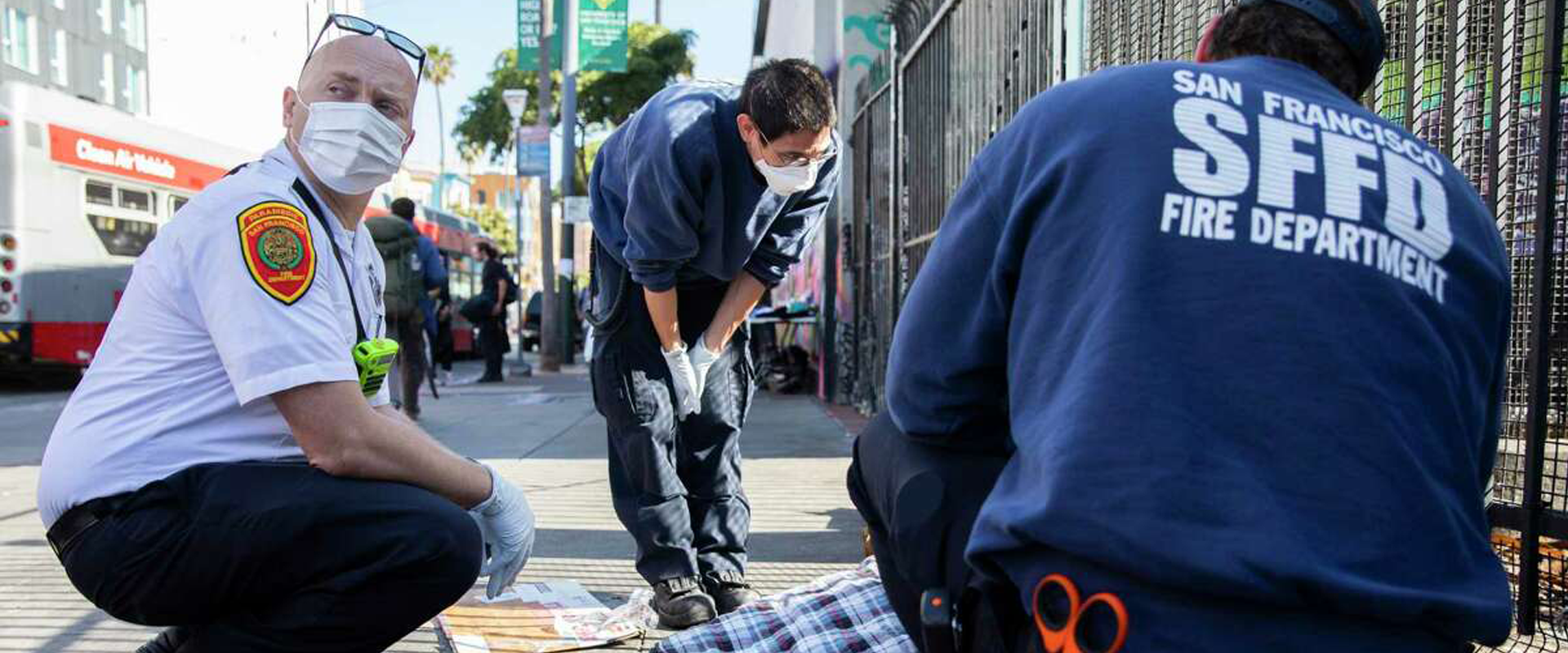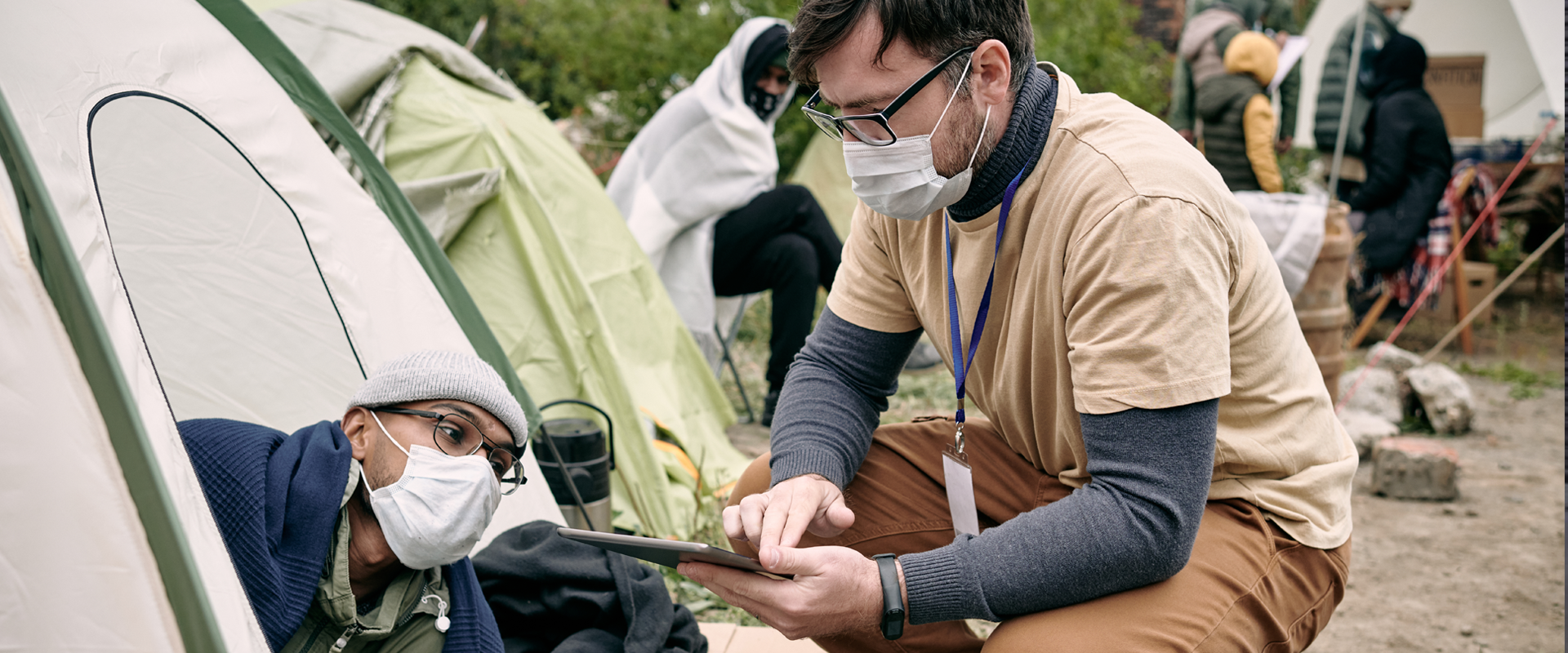A mental health crisis is not a crime. A mental health crisis is a health crisis.
A mental health crisis needs a response by mental health experts.
The International Crisis Response Association is a network dedicated to supporting cities across Canada and the United States in developing crisis response teams led by mental health experts, including licensed clinicians and peer support workers. These teams are called community responder models.
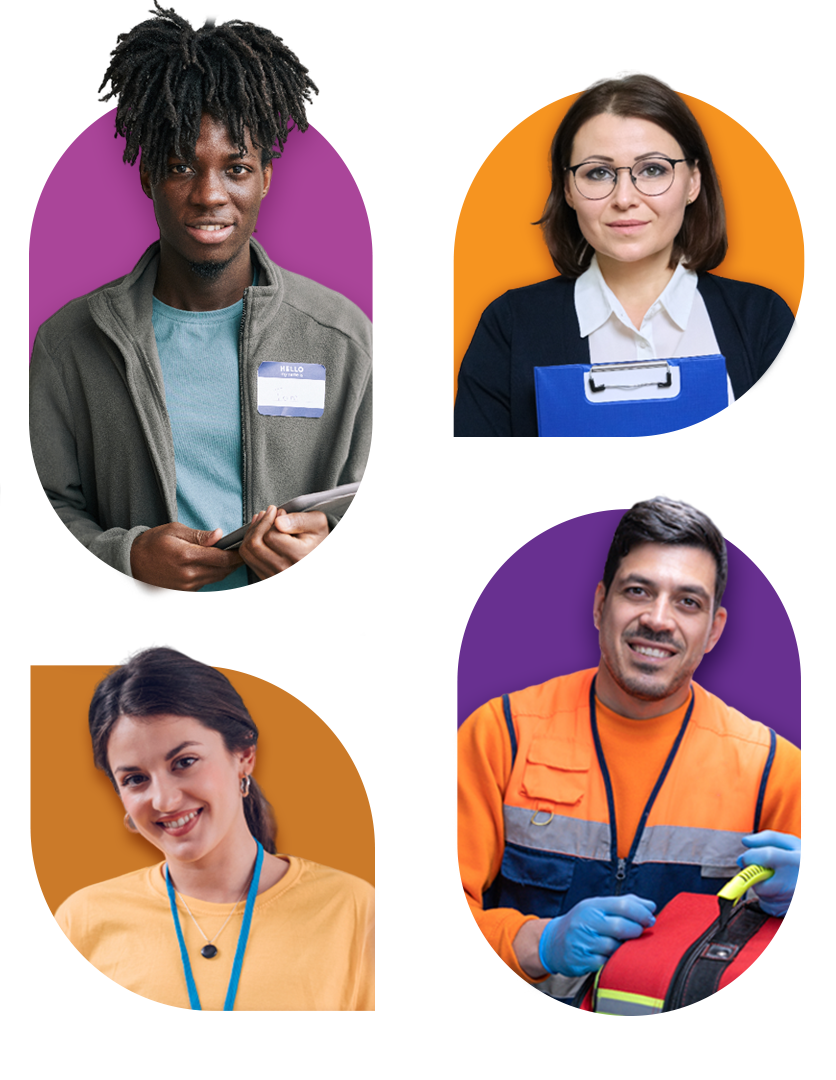
What is a community responder team?
A community responder team is a team that sends professional civilian staff to respond to non-violent crisis calls. These crisis calls may be related to mental health, substance use, houselessness, or other social challenges people may be facing. The staff employed by these teams may be peer support workers, licensed clinical social workers, paramedics, nurses, or other staff with expertise in supporting people in crisis. Most community responder teams are accessible via 911. Some community responder teams are operated in partnership with community agencies, while others are housed in a city department or run out of the fire or EMS department.
A community responder team is not a co-responder team or a CIT team. Co-responder teams pair a police officer with a mental health worker (typically a social worker or a nurse) to respond to crisis calls, while CIT teams send specially trained police officers to respond to crisis calls. Police are not part of a community responder team.
A community responder team is usually not a community-based mobile crisis service. While community responder teams are typically accessible via 911, community-based mobile crisis services are typically only accessible through their own 10-digit number.
Why should cities have community responder teams?
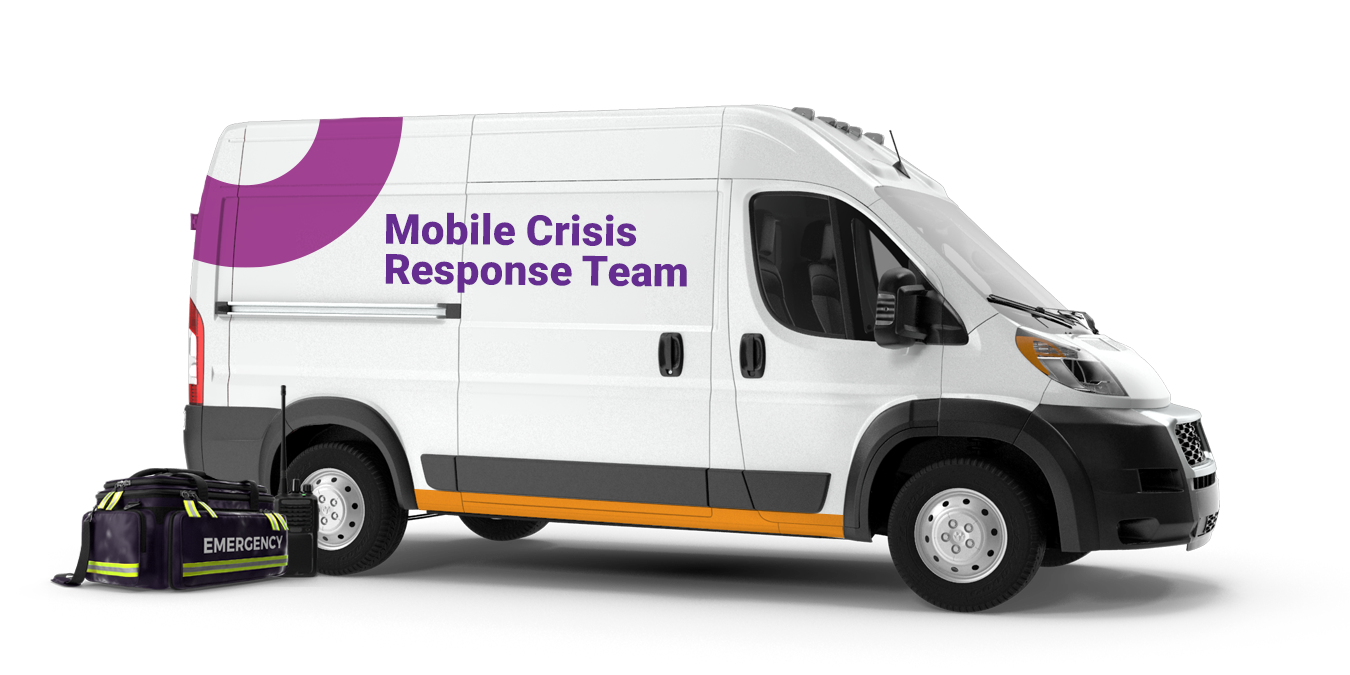
A high percentage of 911 calls (21-38% in many American cities) are not related to crime but to social challenges, such as mental health, substance use, or houselessness.
When community responder teams are sent to respond to these calls, people in crisis get the care they need right when and where they need it. Community responder staff are able to de-escalate the crisis and provide resources to the person in crisis to reduce the risk of them going into crisis again. Community responder teams successfully divert people from unnecessary hospitalizations, thereby reducing emergency room crowding and wait times. Community responder models further divert people away from police interactions, reducing the risk of criminalization and freeing police services to respond to urgent criminal matters.
How can the International Crisis Response Association help?
The International Crisis Response Association (ICRA) network is a one stop shop for research, resources, information, and networking relevant to community responder models. There is no cost to join our network or to access any of our resources.
Reach out to hello@icraconnect.org
We’re happy to help you get your community responder model started!

